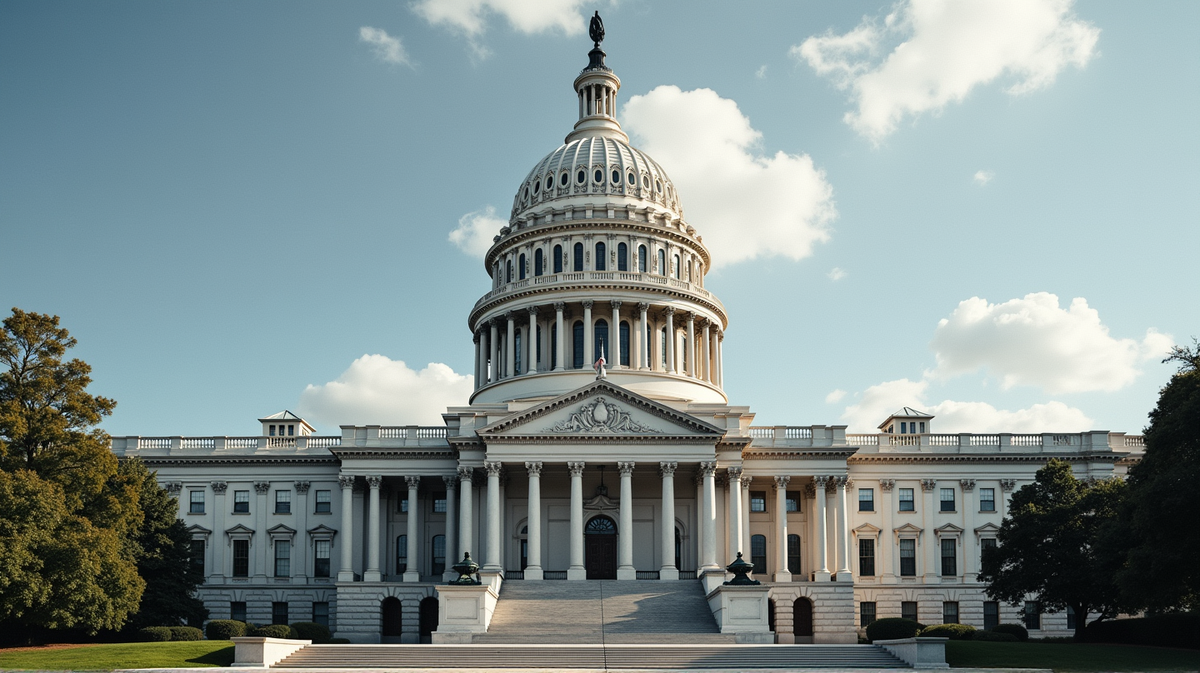North Carolina Medicaid Crisis: A Battle That Could Alter Healthcare Access
Stalled negotiations threaten healthcare for 3.1 million North Carolinians as Medicaid cuts loom. Will political differences prioritize economics over health?

In a gripping standoff that holds the future of healthcare in North Carolina in its balance, the looming Medicaid cuts have become a tense subject across the state. Unless legislators or Governor Josh Stein intervene by Wednesday, healthcare providers are facing rate reductions up to 10%, impacting 3.1 million North Carolinians.
The Crux of the Matter
At the heart of the issue lies a three-way clash among North Carolina’s Senate, House, and the governor, who are at an impasse over funding proposals for the Medicaid rebase—a necessary budget adjustment reflecting enrollment and cost changes in the Medicaid program. As stated in North Carolina Health News, a $319 million shortfall from the state’s intended budget places severe constraints on the Department of Health and Human Services (DHHS).
To avoid these cuts, the Senate has proposed a bill coupling Medicaid funding with a large investment in a children’s hospital, a move that the House opposes in favor of more immediate needs—a profound disagreement that underscores the urgency of the crisis.
Political Dynamics and Their Consequences
When Senate leader Phil Berger and House Speaker Destin Hall crossed swords over the hospital funds, the broader implications for North Carolina families became evident. While politicians wrestle with these contentious budgetary decisions, time is rapidly running out. Without resolution, hospitals, including rural ones operating on fine margins, may halt Medicaid services entirely.
House attempts to pass a “cleaner” bill nearly unburdened by additional allocations came without resolution, even as Governor Stein decries political gridlock for putting citizens’ health at risk. His pointed criticism of legislators failing to prioritize healthcare over politics resonates deeply with those depending on Medicaid.
A System at Risk
Should these cuts proceed, providers stand to see reductions from 3% to 10%—an economically crippling blow not just for metropolitan institutions, but perhaps terminal for rural healthcare networks. Already struggling families may face profound barriers to essential care services, warned experts like Wesley Wallace of UNC Chapel Hill during a state legislative forum.
The Broader Picture
With North Carolina already grappling with the pandemic’s aftermath and federal policy shifts tightening Medicaid, structural solutions to the crisis must emerge before further damage ensues. A failure to compromise risks increasing the burden on charitable clinics and emergency services where routine outpatient care becomes untenable, warned Josh Dobson of the North Carolina Healthcare Association.
Outlook and Next Steps
While the General Assembly argues timelines amidst an unfolding human crisis, the possible delay through contingency funds lingers as a beacon of hope. If legislative leaders embrace this course or another sustainable path, North Carolina might stave off healthcare tumult long enough to find lasting solutions. Until then, Medicaid’s future remains caught in the crosshairs of political headlands and healthcare realities.





